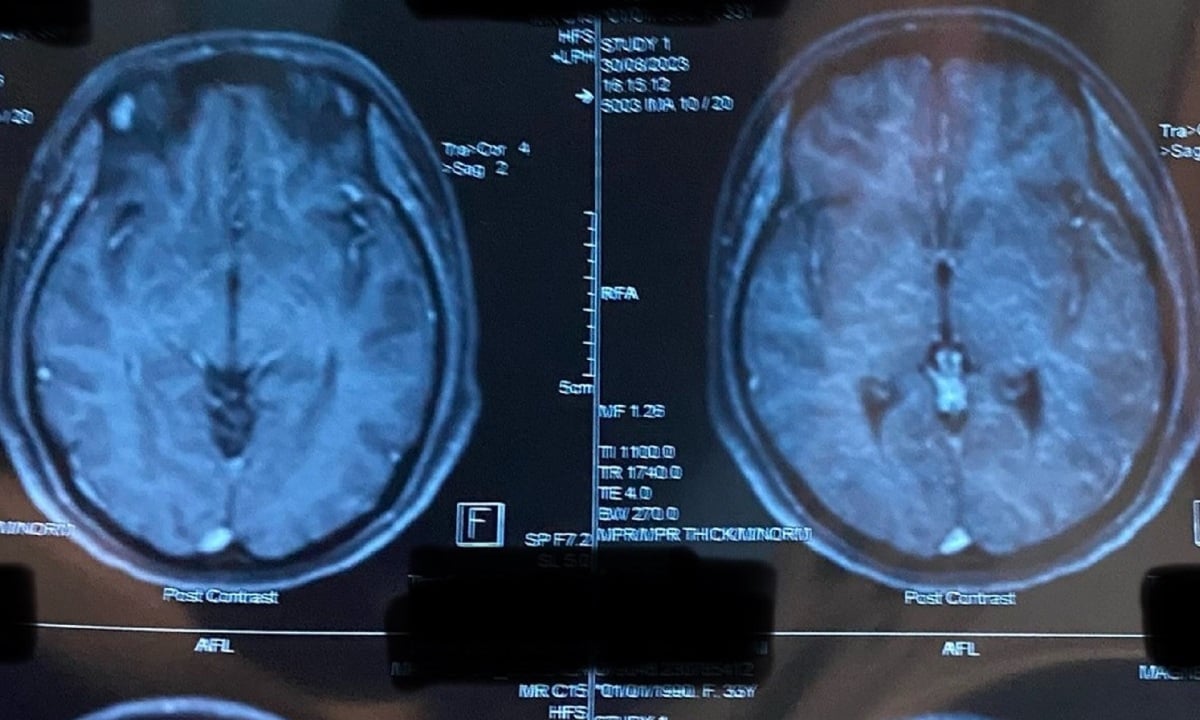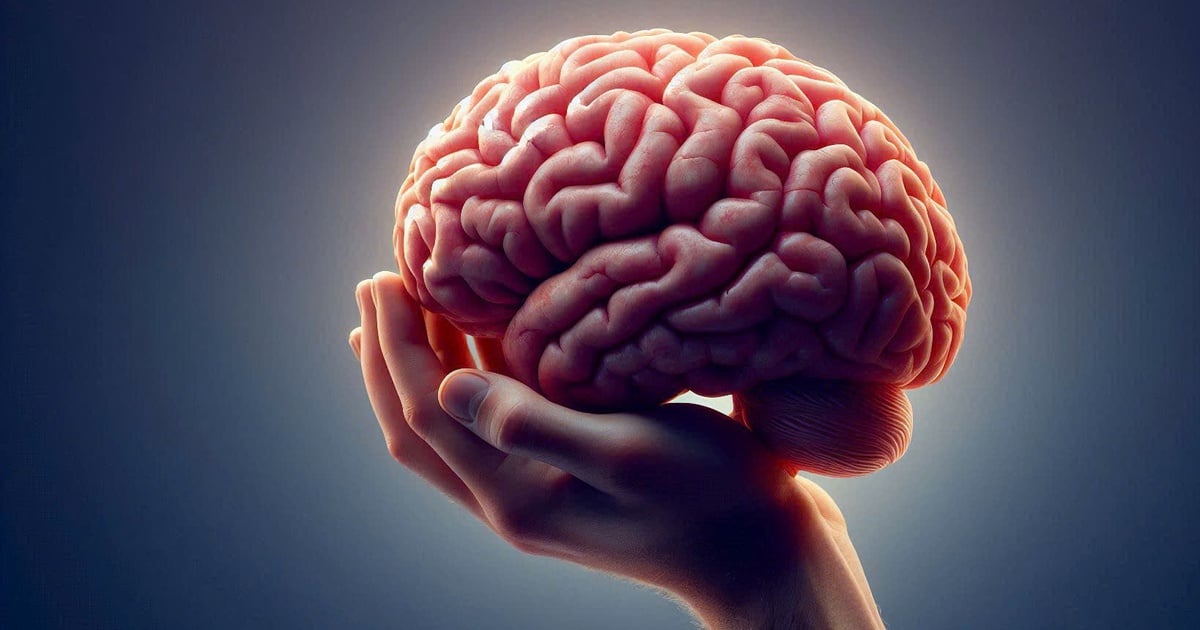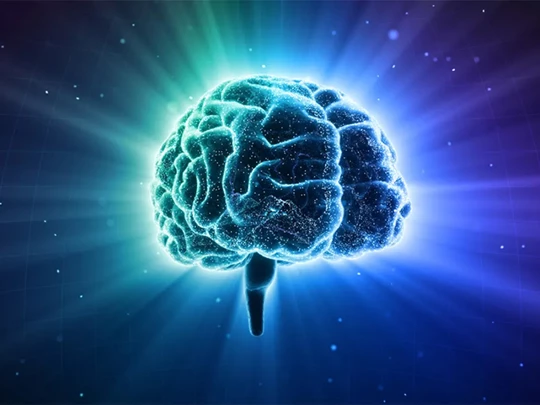
Memory is the ability to remember, store and recall information, divided into types such as sensory, motor, short-term, long-term.
Memory is an essential part of life, helping us shape our perceptions and interactions. Memory is a complex process, involving many parts of the brain. There are 4 types of human memory: sensory, short-term, working (active) and long-term.
Sensory memory
Sensory memory is a very brief, three-second recollection of a sensory experience such as what we have just seen or heard. For example, sensory memory is like a snapshot, you often remember what you have just experienced and then this memory quickly disappears.
Short term memory
Short-term memory is the short period of time you can recall information you have just encountered. Short-term memory typically lasts from 30 seconds to a few days, depending on the person.
One of the most common early symptoms of Alzheimer's disease is short-term memory loss. When talking about Alzheimer's disease, clinicians often use the term "short-term memory loss" to refer to memory loss of short periods of time. This includes memory of about 30 seconds and memory lasting up to several days. This type of short-term memory loss is often one of the first signs that a person's cognitive function is declining.
People with early signs of Alzheimer's may repeat questions frequently for hours or tell the same story they told five minutes ago.
Working memory
Working memory is defined as the brain's ability to hold a certain amount of information long enough to use it. Working memory helps process thoughts and plans as well as execute ideas.
Working memory is also considered short-term memory combined with strategies and knowledge from long-term memory banks to support decision making or calculations in tasks.
Working memory is related to executive function, which is often affected in the early stages of Alzheimer's disease.
Long term memory
Long-term memory includes memories that last from a few days to decades. For learning, working, and storing information to take place successfully, information is transferred by the brain from sensory memory or short-term memory to long-term memory.
Long-term memory in people with early-stage Alzheimer's disease is often intact. As Alzheimer's progresses to the middle and late stages, long-term memory is also affected. For example, a person with advanced Alzheimer's disease may not remember that his mother died 20 years ago.
In the later stages of Alzheimer's disease, people often have difficulty recognizing people they have known for many years, such as close friends or family members.
In the early and even middle stages of Alzheimer's, people can still learn something if it is repeated often. However, as Alzheimer's progresses to the late stages, the ability to access old memories and form new ones is lost.
Mai Cat (According to Very Well Health )
| Readers ask questions about neurological diseases here for doctors to answer |
Source link







![[Photo] Visiting Cu Chi Tunnels - a heroic underground feat](https://vstatic.vietnam.vn/vietnam/resource/IMAGE/2025/4/8/06cb489403514b878768dd7262daba0b)





















































































Comment (0)